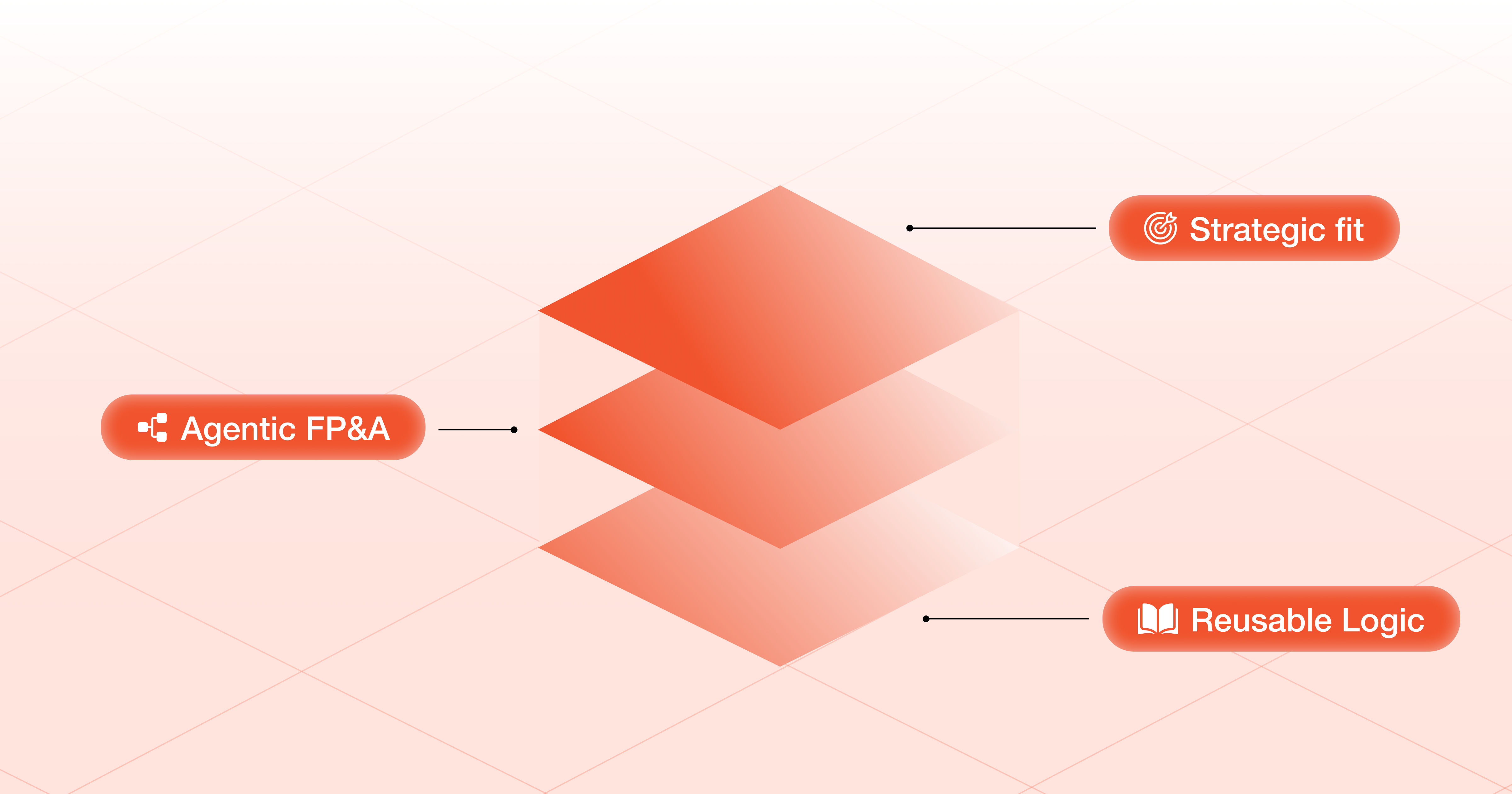
Finance teams today face a different kind of pressure. Customer acquisition costs shift by the hour. Supply chains tighten and loosen without notice. The spreadsheet-based status quo doesn’t cut it anymore.
At Framework Friday (formerly WebLife), we decided to rethink Financial Planning & Analysis (FP&A) from the ground up. Not just automating for speed, but turning workflows into intelligent systems that adapt, learn, and make decisions in real time.
But here’s the thing - automation only works when it’s deliberate. Not everything should be automated. That’s where our Litmus Framework comes in.
Let’s call it out: many automation projects start from fatigue. A dashboard isn’t updating fast enough, or a month-end close is painful, so the default solution is “let’s automate it.”
This often backfires. You end up with disconnected tools, expensive subscriptions, and brittle logic that only one analyst understands. Efficiency doesn’t scale if your automation isn't strategic.
So, at FF, we flipped the question: not what can we automate? but what should we agentize - what deserves to become an intelligent, evolving system?
We don’t automate based on trendiness. We use three specific criteria to evaluate any FP&A workflow before it moves into design:
Does this process influence a key performance area - like CAC, gross margin, inventory turns, or strategic planning? If not, it’s out.
Can the system adapt on its own? That means real-time data, dynamic logic, feedback loops, and a clear path from input to insight.
Does the output create assets we can reuse across pods - like prompt libraries, forecasting templates, or logic modules? If it’s a one-off, it’s not worth the build time.
A workflow must meet all three to move forward. That keeps our automation focused, adaptive, and scalable.
We built this to forecast customer acquisition cost using GPT models and live marketing inputs. It pushes Slack alerts to align finance with campaign performance.
This agent flags budget mismatches in ClickUp and sends timely updates via Slack.
Sounded appealing, didn’t pass the filter.
When done right, agentic FP&A doesn’t just reduce manual work. It lifts the entire finance function - from being a reporting layer to being a strategic nerve center.
The Litmus Framework helps us:
Most importantly, it ensures we’re not automating for automation’s sake - we’re building adaptable, intelligent infrastructure.
If you're just starting your automation journey, try asking:
If the answer to all three isn’t a strong yes - don’t build it yet. In the world of intelligent systems, selective automation is your leverage.
We believe finance should lead - not react - in the age of intelligent business. That leadership starts by asking better questions before writing a single line of automation code.
And we’ll keep sharing what works, so others can build alongside us.
“Smart finance starts with better questions.”